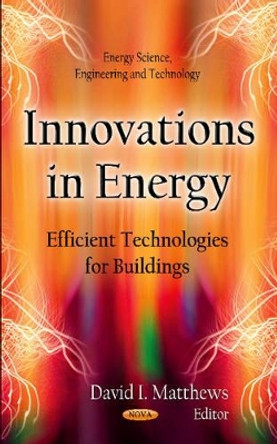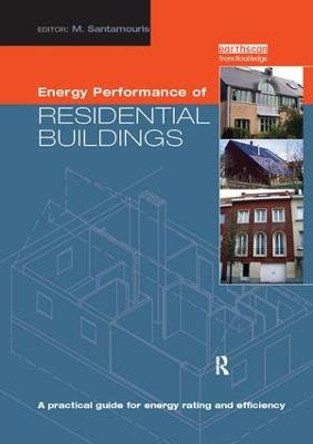Description
Residential buildings consume about a quarter of all energy (including electrical and thermal) in industrialized countries and emit around 20% of the carbon emissions there. Older and outdated heating and cooling technology causes high energy demand and, depending on building type, secondary causes can include ventilation and lighting. Technology is available to mitigate high energy consumption, and to enable the use of renewable or environmentally friendly energy, partly generated locally.
This book, written by international experts from academia as well as industry, compiles and describes several key technologies available to reduce a residential building's energy consumption. Key themes include local energy generation, such as the use of sunlight to reduce heating needs, and photovoltaics for electricity. Case studies are included in most chapters to provide real-world context for the technologies described.
About the Author
David S-K. Ting is a professor in Mechanical, Automotive and Materials Engineering and the founder of the Turbulence & Energy Laboratory at the University of Windsor, Canada. He has co/supervised over seventy graduate students primarily in the Energy and Turbulence areas and co-authored more than one hundred and twenty related journal papers. Rupp Carriveau is a professor with the Turbulence & Energy Laboratory, University of Windsor, Canada. His research focuses on the smart optimization of energy systems. He collaborates with energy and water utilities, agricultural, and automotive industries. He serves on the boards of several related journals and is Co-Chair of the IEEE Ocean Energy Technology Committee.
Book Information
ISBN 9781785619472
Author David S-K. Ting
Format Hardback
Page Count 288
Imprint Institution of Engineering and Technology
Publisher Institution of Engineering and Technology





